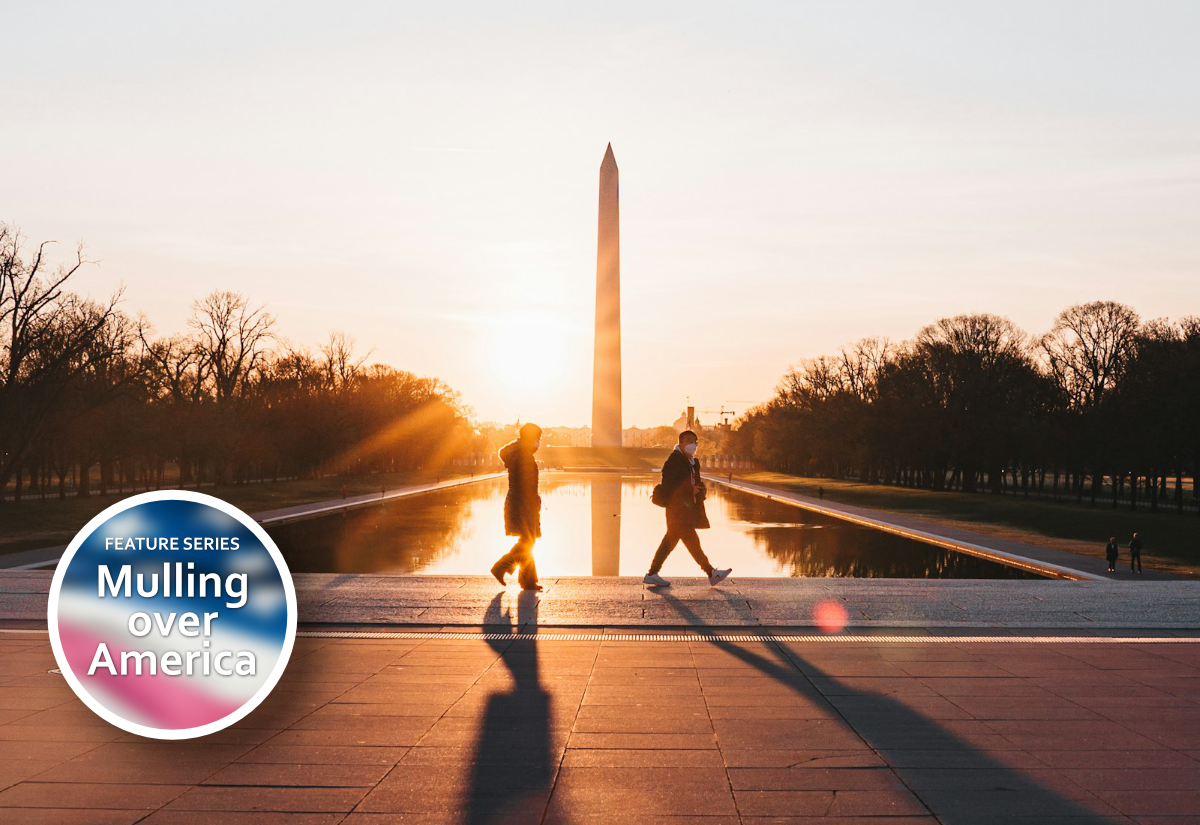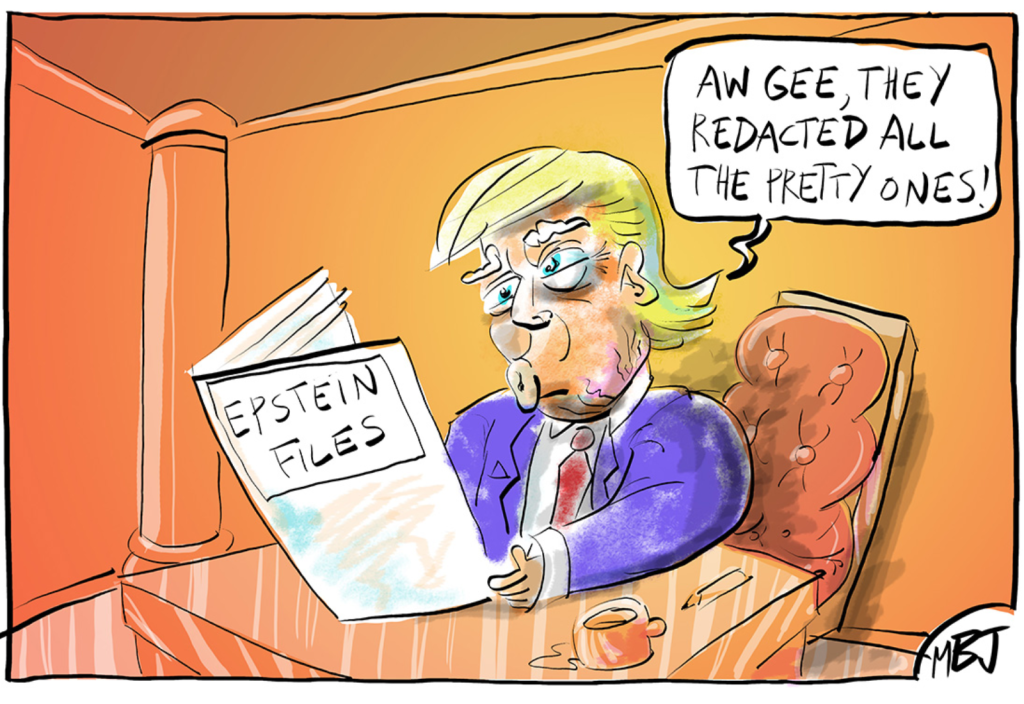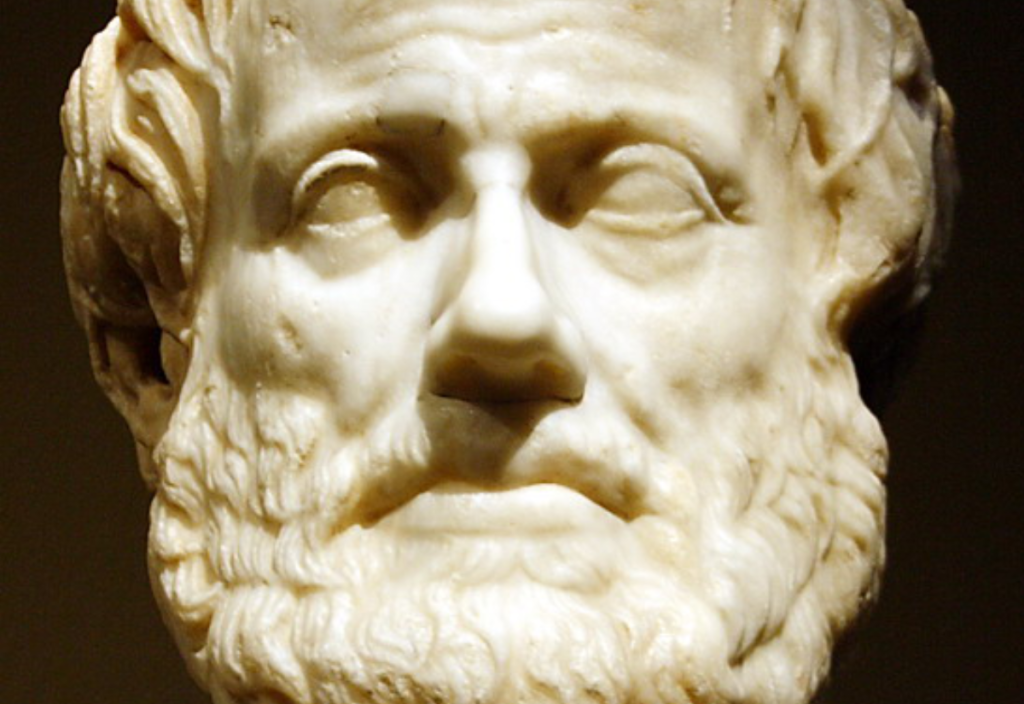This article is part of our ‘Mulling over America’ feature series, with contributors providing Rationalist perspectives on what is happening in the United States. If you would like to contribute to the feature series with an article or respond with a Letter to the Editor, find out how to here.
It is widely perceived that the United States is in relative, even absolute decline. There are many who welcome this prospect. Some assert, as David James did recently in this magazine, that US decline will lead to a better multipolar world order. Both sets of claims call for critical evaluation.
It’s not difficult to see why observers might consider the US to be in at least relative, even absolute, decline. The competition has become keen over the past 30 years. China has grown very rapidly in wealth, power and influence in the so-called ‘Global South’. India has begun to grow in both wealth and confidence. The European Union has become, in those 30 years, a huge and affluent market.
While those things have been happening, American manufacturing has withered, American trade deficits have been enormous, American fiscal deficits have been very poorly managed, American politics have become polarised and America has undertaken two enormously expensive and, at best, inconclusive wars (in Afghanistan and Iraq) that have diminished its strategic credibility and its reputation for responsible global leadership.
But there is a good deal more to consider before we should infer from all this that America is blown and a new order emerging. The United States has been internally divided, disengaged from global affairs and roiled by economic inequality and poor governance more than once before now. Yet, it rebounded in each case.
In the 2020s, it is more populous, richer and more innovative in cutting-edge fields than ever, and the freedom of both economic initiative and public debate that it enjoys leave open possibilities that hasty inferences overlook.
On the other side of the ledger, China’s apparently impressive rise is hitting severe limits, its governance has become neo-Maoist and autarchic. India has plenty of problems and limitations. And the Muslim world, far from being ascendant, is in the throes of multiple crises and experiments with change.
Russia under Putin has undertaken an immensely costly war and faces growing internal revolt against his oppressive and kleptocratic rule. And America’s many allies, in both Europe and the Indo-Pacific, are looking to it for leadership and security guarantees against Russia and China, not band-wagoning with these neo-authoritarian powers.
Perhaps the most neuralgic concern among liberal internationalists right now is the contest for the American presidency between an apparently doddering octogenarian (Joe Biden) and a rank demagogue and danger to the very constitutional order of the republic (Donald Trump).
Not only has Trump indicated that America’s allies cannot count on the US to pull their chestnuts out of the fire if they tangle with Putin, but it is also feared that he will declare the same in Asia regarding Xi Jinping and Kim Jong-Un, should he win the election this November.
Let’s go back a bit in American history for at least rough comparisons. Think of America in the decades before the Civil War (1861-65), with its intractable internal divisions, its entrenched practice of slavery, its internal colonialism in extending its power from the Atlantic to the Pacific, then annexing half the territory of Mexico.
Or think about how it was in the so-called ‘Gilded Age’ (1865-1896) after the Civil War, with rapid economic growth, the relentless wars to subjugate the Native Americans, the reactionary and racist governance of the former Confederate states, the corruption in Washington, not least under Ulysses S. Grant (President from 1869 to 1877), and the stark economic inequality between rich and poor, old money and immigrant populations. Richard White’s The Republic for Which It Stands: The United States During Reconstruction and the Gilded Age, 1865-1896 (2017) is a good place to start, not least Part III ‘The Crisis Arrives’, with chapters headed ‘Dystopian and Utopian America’, ‘The Great Depression’ and ‘Things Fall Apart’.
Or think of the Roaring Twenties and then the Great Depression, with 30 per cent unemployment and the concern that capitalism might be in terminal decline, compared with fascism or communism.
Then there was the Second World War with its immense costs, the internment of Japanese Americans, the fire-bombing of German and Japanese cities, the nuclear bombing of Hiroshima and Nagasaki. Then the McCarthyite years in the late 1940s and the 1950s, as Stalin and Mao succeeded in imposing totalitarianism and terror on large parts of the world, and boasted that the ‘East Wind’ was prevailing over the ‘West Wind’.
A thought-provoking essay by Kori Schake, ‘The Case for Conservative Internationalism’, in the January/February 2024 issue of Foreign Affairs should be read alongside Cai Xia’s path-breaking critical reflection on Xi Jinping, ‘The Party That Failed’, in the January/February 2021 issue of Foreign Affairs. They both make for mind-clearing, perhaps mine-clearing, reading. Schake provides a trenchant critique of both Biden and Trump and an agenda for American foreign and domestic policy. The second, by a former elite Chinese Party intellectual, highlights the deep flaws in the Chinese Communist Party and Xi Jinping’s policies.
That said, the liberal democracies need to take stock of our drift and our priorities. There is no democracy without democrats, and all Rationalists should be committed not to mere democratic forms but to sound processes and sound policies.
In that context, whether you’re alarmed about the state of American politics or dissatisfied with our own, a highly recommended read right now is Steven Levitsky and Daniel Ziblatt Tyranny of the Minority: How To Reverse an Authoritarian Turn and Forge a Democracy For All (2023). It’s a manual for thinking clearly and generously instead of fearfully and selfishly, both here in Australia and about America, about Putin’s Russia or Xi’s China, about Rishi Sunak’s UK or Iran of the theocratic mullahs, about Netanyahu and Israeli politics or Indonesia and Prabowo.
And, while you’re at it, don’t miss Mikhail Khodorkovsky’s How To Slay a Dragon: Building a New Russia After Putin (2023). The world cries out for reform, but it certainly does not need leadership by Xi, Putin or the mullahs. There are much brighter possibilities ahead, if we apply ourselves.
Published 9 March 2024.
If you wish to republish this original article, please attribute to Rationale. Click here to find out more about republishing under Creative Commons.
Photo by Eric Dekker on Unsplash.














